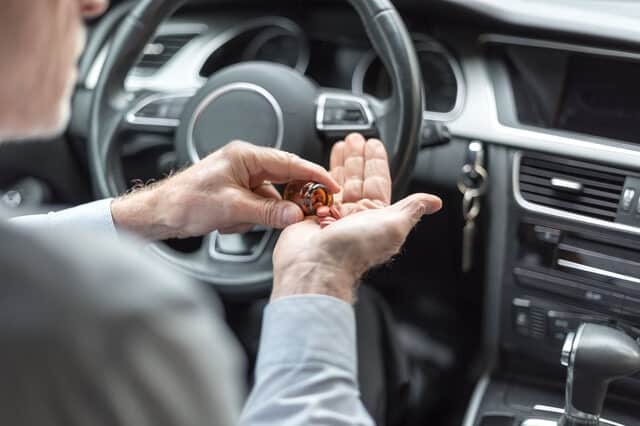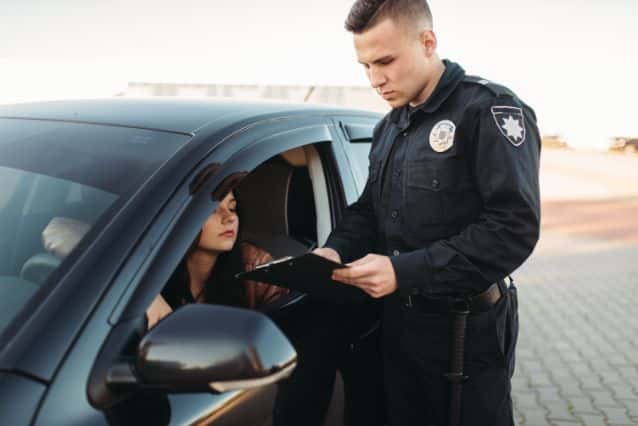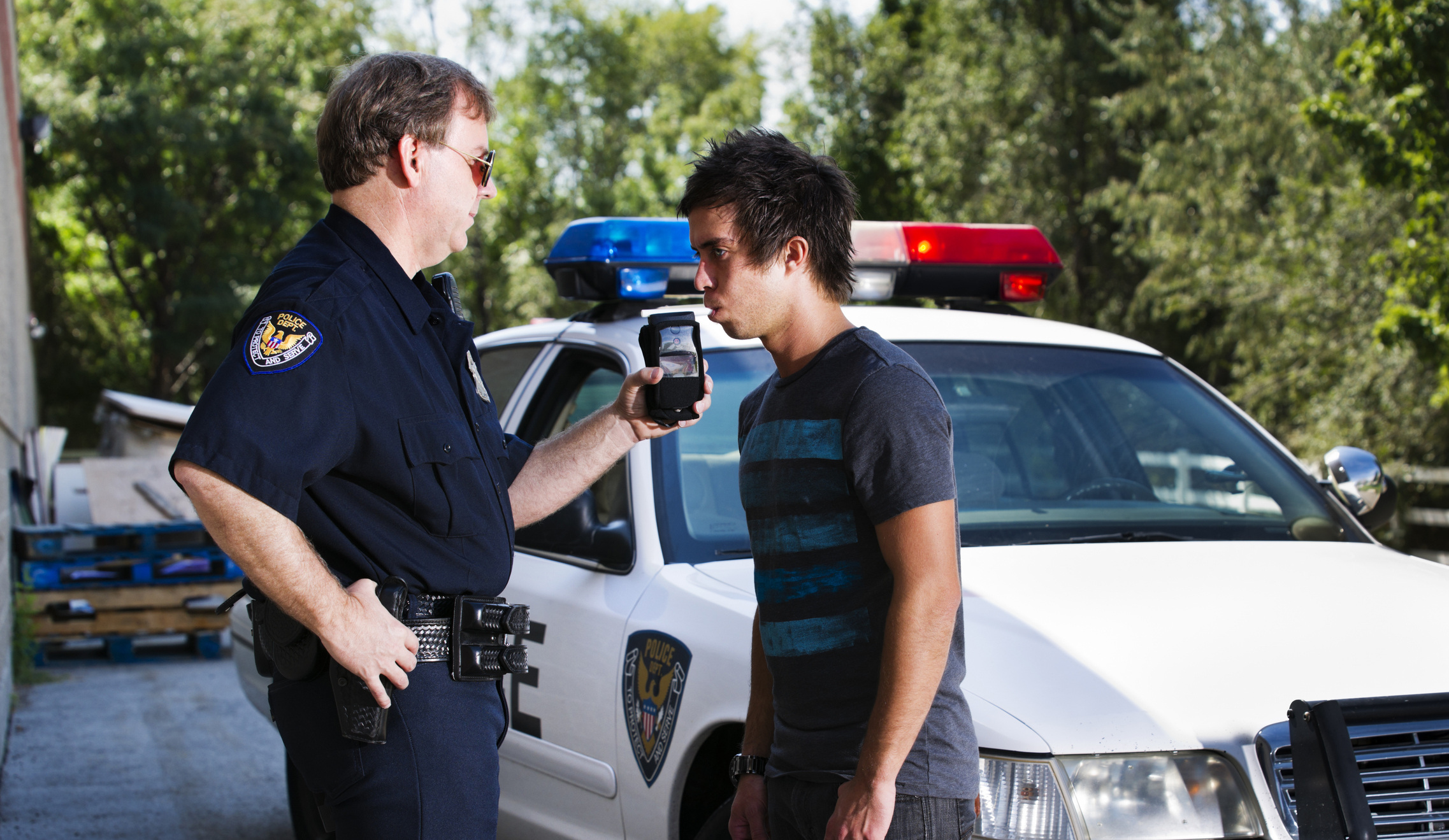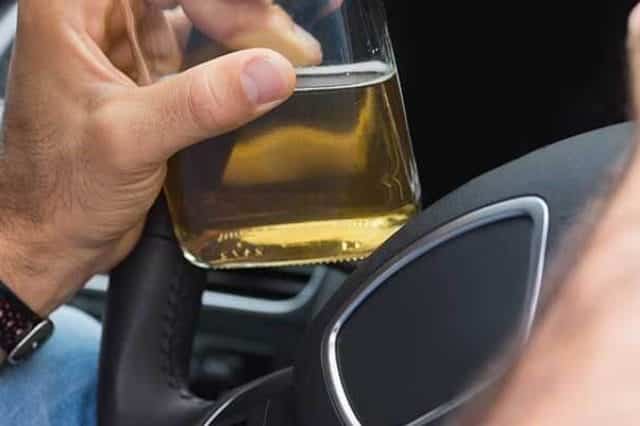What Exactly Are Field Sobriety Tests, and Why Are They Necessary?
Law enforcement officers use field sobriety tests to determine whether a person is intoxicated with drugs or alcohol. Most states use field sobriety tests to enforce DUI/DWI laws. They are administered before a breath test is administered.
The tasks performed during fieldgb sobriety tests assess a driver’s balance, coordination, and ability to divide their attention among multiple tasks.
On average, these tests are only 65% accurate. Although they can provide valuable information about a driver’s level of impairment, they sometimes don’t reveal the probable cause, leading to many wrongful arrests.

Is a Field Sobriety Test Mandatory?
No, drivers are not required to undergo field sobriety tests and may refuse to do so.
Nonetheless, police officers often imply that FSTs are compulsory and have the right to administer them on the spot to make a driver comply.
Must You Submit to a Field Sobriety Test In Missouri?
Even though you are not required to take field sobriety tests in Missouri, there are certain consequences for refusing to do so.
Criminal charges can’t be laid against you for refusal, but other penalties can be imposed. These include license suspension, restriction, revocation, evidentiary consequences, and license fees.
It is important to remember that refusing FSTs is different from refusing to submit to a breath or blood test.
Most states require drivers to submit to breath, blood, or urine tests after being arrested for DUI. Refusing one of these chemical tests will usually result in more severe penalties than refusing a field sobriety test.
Is Burglary 1st-Degree Class A Felony or Misdemeanor?
Since the legal ramifications can be vastly different, you will want to know whether your situation is a burglary 1st-degree Class A felony or misdemeanor.
- In Missouri, burglary 1st-degree is a Class B felony. However, depending on the level of violence enacted upon the occupants, burglary may be charged as a Class A felony criminal offense.
- Second-degree burglary is charged as a Class D felony that involves a person illegally entering or remaining in a building to commit a crime. It is unlikely a crime of violence and usually involves an unoccupied structure. Although it is still considered a felony, it doesn’t receive the same level of repercussions.
- A third-degree burglary may be an option for the prosecutor if many of the elements of first-degree burglary are inexistent in the case.
- Fourth-degree burglary is often charged when someone steals from or unlawfully enters into a fenced-in connecting area, such as a yard.
- Additionally, if certain elements are missing, you may instead face the misdemeanor charge of trespass.
A burglary 1st-degree charge is severe and requires several provable elements for prosecutors to win the case in court. A skilled criminal action defense lawyer will attempt to cause reasonable doubt in the court’s eyes to obtain an acquittal or reduced charges.

Field Sobriety Test: Consequences of Refusing to Take One
If you refuse a field sobriety test, the officer may still arrest you for DUI based on other evidence gathered during the traffic stop.
Examples include:
- your behavior
- the smell of alcohol on your breath
- empty alcohol bottles or beer cans rolling around your car
The arresting police officer may use this refusal against you during your trial, and your refusal will be part of the evidence against you.
Although you won’t necessarily be arrested for DUI if you refuse a field sobriety test, officers will likely assume your refusal indicates guilt. In some instances, an officer may obtain a warrant to force you to submit to chemical tests like blood tests or urine tests.
Although refusing a request for an FST is not a criminal offense, it carries heavy penalties. Contact a highly-trained criminal defense attorney immediately to help you with this process.

Are DUI Checkpoints Legal in Missouri?
Missouri allows law enforcement to administer sobriety checkpoints. These checkpoints are temporary roadblocks used by officers to evaluate whether drivers are intoxicated. Sobriety checkpoints are meant to discourage drunk driving and curb the number of drunk driving-related offenses.
The Kansas City field sobriety test law is designed to protect the rights of drivers who are suspected of drunk driving. Specific rules and regulations guide the legality of DUI checkpoints in Missouri. If the police do not adhere to the proper procedure, your stop may be illegal, and the sobriety test evidence can be thrown out in court.
Contact Kansas City DWI lawyers from the firm today so that you can better your chances of avoiding severe penalties.

What Are the Types of Field Sobriety Tests?
The National Highway Traffic Safety Administration (NHTSA) has standardized three tests, which are more commonly used nationwide. These are:
- One-leg stand tests balance and coordination. One leg is lifted while the other leg remains on the ground. The test is meant to determine if the person can maintain their balance while their body is under the influence of alcohol or drugs.
- Walk and turn also tests balance and coordination, like the one-leg stand. But participants must walk nine steps in a straight line before turning around and returning to where they started without swaying or falling.
- Horizontal gaze nystagmus test involves tracking an object with one’s eyes as it moves back and forth.
These three tests are NHTSA approved and are used for DUI detections and evidence against an alleged drunk driver.
Coincidentally, these three tests are less accurate than actual blood alcohol content, so it is important that you have an experienced lawyer at your side to ensure that accurate tests are conducted.
Although not NHTSA approved, law enforcement officers in Missouri also use the following tests:
- Finger-to-nose is another coordination-based test. Individuals must touch their noses with a finger while keeping their heads still.
- The Rhomberg balance test is a test of mental focus and accuracy that involves closing one’s eyes and estimating the passage of time. People under the influence may struggle with this task, as they may not be able to identify the passage of time accurately.
How Accurate Are Kansas City Field Sobriety Tests?
Field sobriety tests are not foolproof and are prone to errors. Aside from the scientific inaccuracies of the three tests, it is entirely up to the officer who conducts these tests to decide whether you pass or fail them. Additionally, the tests can be administered improperly, increasing the chance of error.
Many different factors can affect people’s ability to perform well on field sobriety tests, including:
- Medical conditions
- Physical disabilities
- Old age
- Fatigue
If you are requested to undergo a test, call an experienced DUI to represent you at all stages of your DUI case.

Importance of DUI Attorneys in Dealing with Missouri Sobriety Tests
Our lawyers in Kansas city have unique experience and training in DUI law. This means that they can recognize when a police officer is conducting a test incorrectly and take action to correct or dismiss the sobriety test. This can make all of the difference in the world when it comes to getting through your case successfully.
A good DWI lawyer will be able to help you understand the law, the facts of your case, and any potential defenses that may be available to you. You can schedule a consultation with Benjamin Law Firm, LLC at 816-281-094.

















